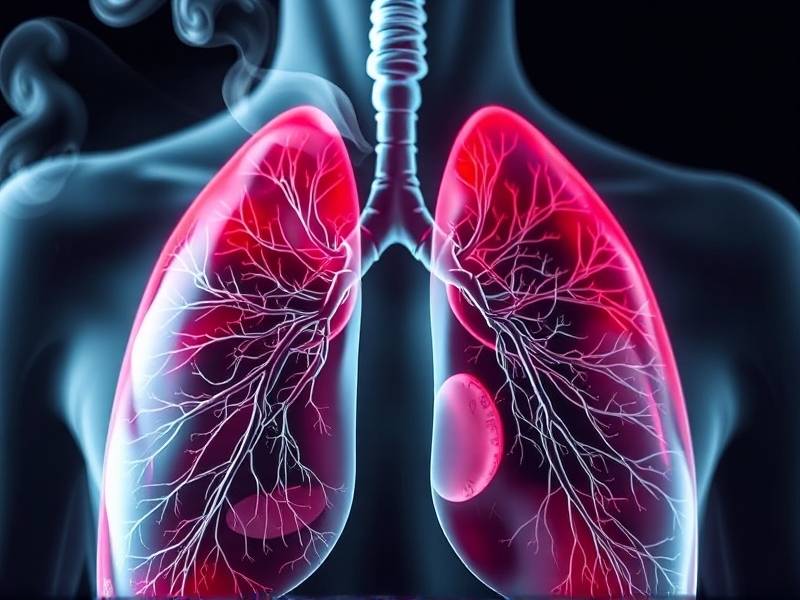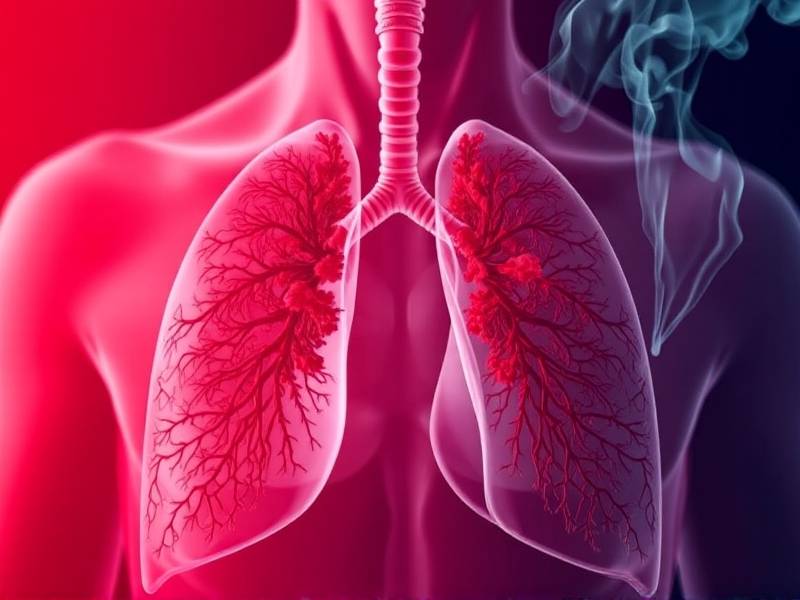Do Lungs Really Recover If You Quit Smoking?
Understanding the Impact of Smoking on the Lungs
Smoking has been a widely debated topic, and its impact on health is well-documented. One of the most common questions among smokers is whether their lungs can truly recover if they quit smoking. This article aims to explore this question, shedding light on the potential recovery of the lungs post-cessation.
The Immediate Effects of Quitting Smoking
When you quit smoking, your body begins to repair itself almost immediately. Within 20 minutes of your last cigarette, your heart rate and blood pressure drop, and carbon monoxide levels in your blood start to decrease. Over time, these changes continue to improve, leading to significant health benefits.
The Journey to Lung Recovery
-
Cilia Restoration

- Cilia are tiny hair-like structures that line the airways in your lungs. Smoking damages these cilia, making it difficult for them to remove mucus and debris from the lungs.
- As you quit smoking, your cilia begin to regenerate, which helps in clearing out mucus and reducing the risk of infections.
-
Airflow Improvement
- Smokers often experience shortness of breath due to reduced airflow in their lungs.
- With continued abstinence from smoking, airflow improves as the airways become less inflamed and constricted.
-
Decreased Risk of Chronic Diseases
- Smoking is a leading cause of chronic obstructive pulmonary disease (COPD), emphysema, and lung cancer.
- Quitting smoking can significantly reduce the risk of developing these diseases over time.
How Long Does It Take for Lungs to Recover?
The timeline for lung recovery varies from person to person. Here are some general guidelines:

- First Year: Within one year after quitting smoking, there is a noticeable improvement in lung function.
- Five Years: The risk of developing COPD decreases by half within five years after quitting.
- Ten Years: The risk of lung cancer decreases by about half within ten years after quitting.
- Beyond Ten Years: After ten years or more since quitting smoking, the risk of dying from lung cancer becomes similar to that of someone who never smoked.
Conclusion
In conclusion, quitting smoking can lead to significant improvements in lung health over time. While it may take years for complete recovery, every day without a cigarette brings you closer to better lung function and reduced risks associated with smoking-related diseases.
Remember that it's never too late to quit smoking. Your body will thank you for it!
